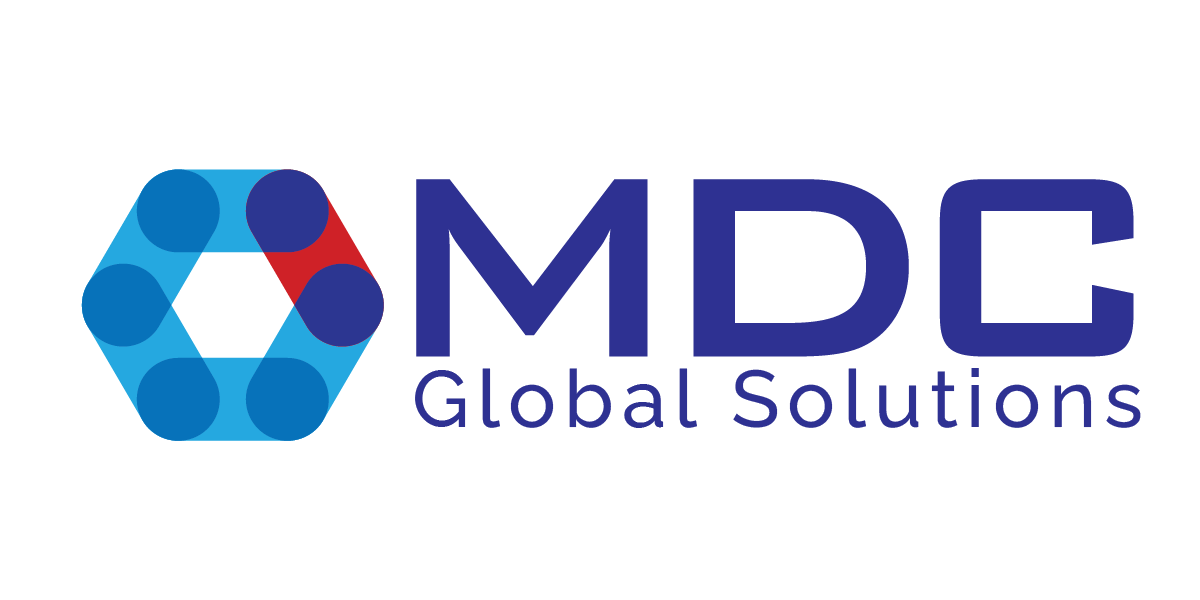While the DoD continues to fulfill its mission of protecting national security, it has not yet been able to pass its annual financial audit—although there have been some successes. The audit process is crucial to ensuring that budgets are spent effectively and appropriately, which benefits both the DoD and taxpayers.
Failed audits undermine the public’s trust in how taxpayer dollars are spent, which in turn can affect how Congress views budget requests. A “clean” audit opinion would also validate the DoD’s internal financial controls, providing confidence in the need for additional funding while increasing taxpayer trust by mitigating potential fraud, waste, and abuse.
There’s one more fundamental challenge that must be addressed: the FY 2024 National Defense Authorization Act mandates that the DoD achieve a clean audit opinion by December 31, 2028. This would be the first clean audit opinion the DoD has achieved since the passage of the Chief Financial Officers (CFO) Act in 1990.
With this deadline looming, financial leadership must continue to quickly identify and remediate the issues. Enterprise risk management (ERM) can give DoD the insight needed to achieve these goals by providing the necessary rigor and structure while also identifying potential roadblocks to a successful audit.
Audit risk leads to mission risk. ERM can help mitigate both.
A clean audit opinion means that an independent body agrees that the DoD’s financial statements are fully compliant with generally accepted accounting principles (GAAP). In practice, this also means that expenses are tracked and managed consistently and appropriately, which requires process and documentation. It also requires a solid baseline of financial information.
There’s another benefit to improved financial management, one directly tied to mission success: the process of getting to a successful audit would help pinpoint opportunities to be more efficient and effective. By streamlining operations and eliminating redundancies, DoD can be better prepared to fulfill every aspect of its mission.
Here are three essential factors that can help achieve a clean audit opinion within Congress’ timeframe, and how ERM can make the difference:
- Start with a solid baseline. Successful audits need good opening balances. Knowing the starting point of how much the organization has invested in its assets is essential to verifying expenditures. In other words, auditors need documentation that shows the original cost of everything DoD has acquired. Yet, in many cases, this documentation is simply not available.
Everything from ships and planes to computer systems and satellites needs to be accounted for, and historically, the DoD has not had the systems and processes in place to do so. As equipment was retired and replaced, the financial records did not necessarily reflect the changes to the DoD’s asset portfolio. Without these details, auditors cannot confirm the reported opening balances of the organization’s assets, nor their value. Generating and maintaining a documented baseline of asset values is an absolute requirement for every financial practice that follows.
An ERM approach gives leadership a clear picture of the risks that can interfere with mission priorities, including financial management risks. In turn, this supports a strategy to rectify process and reporting issues that can lead to a failed audit.
- Establish organization-wide internal controls. A large part of the issue stems from the sheer size and scale of the organization. The DoD is made up of a broad spectrum of commands and operational units, and each of these have their own financial systems and processes. This lack of centralized control, plus systems compatibility issues, makes standardization and reporting extremely difficult.
However, ERM can provide the standardization framework needed to promote greater transparency across DoD agencies, complete with effective controls to break down silos and help centralize oversight across the Department. - Create a culture of financial management and continuous process improvement. This gets to the heart of how ERM can support more consistent, transparent accounting. Its practices are centered around continuous assessment and process improvement, which translates to greater transparency and more effective internal controls.
At its core, DoD ERM seeks to promote the effectiveness and efficiency of DoD programs and business operations, ensure accountability and compliance with laws and regulations, enforce reliable reporting, and increase risk awareness and transparency by aligning components’ risk appetite and tolerance. By anchoring around these core goals, DoD agencies can adopt a more process-focused stance that helps achieve the end-to-end business process management needed to support financial statement line items and help achieve clean audit opinions going forward.
How to implement ERM for audit readiness
Applying ERM to support audit readiness is not just a “one-and-done” solution. It requires long-term changes to ensure that financial management becomes codified and supported across the organization.
The first step is to assess the current state of the existing risk management processes and internal controls. This enables leadership to spot pain points and roadblocks to mitigating risk that can potentially interfere with audit readiness. It also supports creating a roadmap that aligns ERM principles with strategic financial goals.
From there, the leadership team should establish governance that assigns ownership and accountability at each agency and across the DoD. This leads naturally to the nitty-gritty of financial management: establishing refined internal controls and more centralized financial operations that will ensure transactions are all conducted and reported consistently and accurately. That reporting is crucial, as it provides visibility into the success of any new procedures and controls.
As always, training, awareness, and ongoing communications about the importance of risk management and accountability are critical to the success of an ERM approach, helping create a culture that understands the need for financial responsibility.
Implementing ERM can help the DoD create a path to audit success while supporting the full range of mission goals. As a partner to DoD agencies, MDC understands the nuances of defense acquisition processes and financial management. MDC’s unmatched expertise in ERM, financial governance, and internal controls can play a crucial role in helping the DoD meet its auditability requirements. Contact us at BD@mdcllc.com to learn more.




